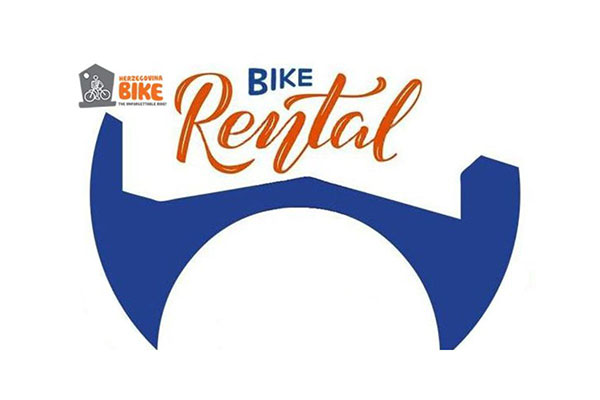Cycle tourism, or cycling tourism, has become an increasingly important segment of the global tourism offer in recent years. Driven by the need for sustainable travel, a healthy lifestyle, and the desire for authentic experiences, it attracts guests from various parts of the world — from adventurers on multi-day tours to families cycling on weekends. Herzegovina, with its pristine nature, mild climate, and rich cultural heritage, has all the prerequisites to become a leading cycle tourism destination in the region.
What is cycle tourism exactly?
Cycle tourism involves traveling where the bicycle is the main mode of transport. This can mean riding through picturesque villages, along riverbanks, over mountain passes, or exploring city streets. What sets it apart from other types of tourism is the slower pace — cyclists have time to stop, enjoy the scenery, have coffee at a local café, taste homemade cuisine at restaurants, and chat with locals. This is precisely what brings the greatest benefit to the local community.
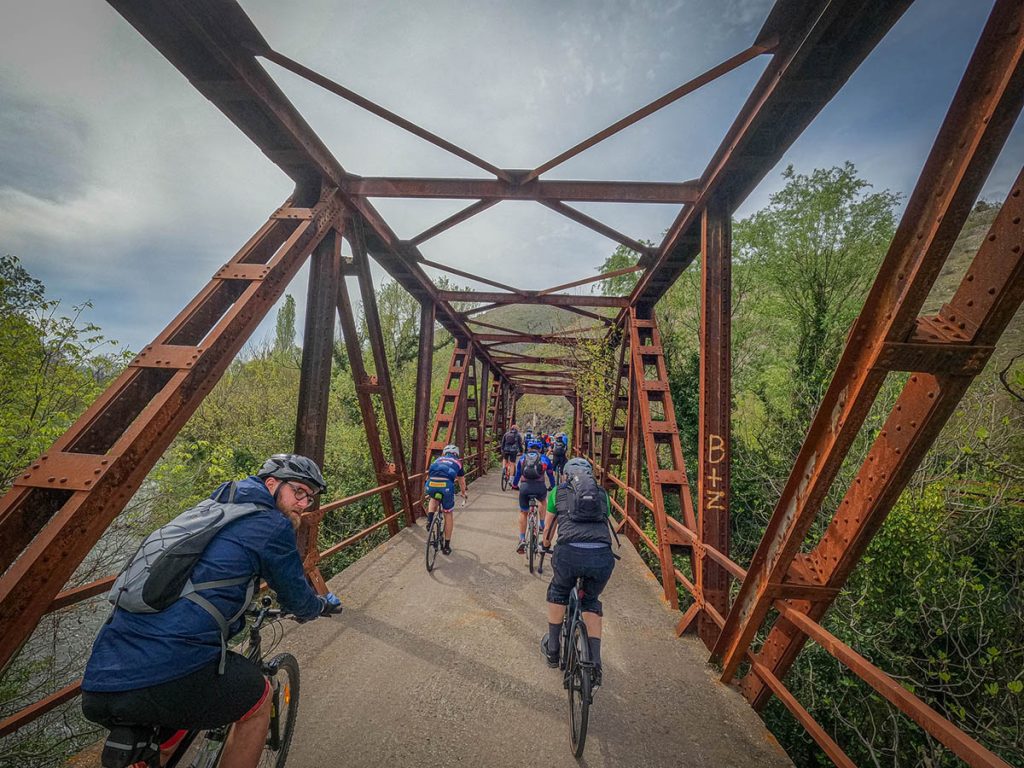
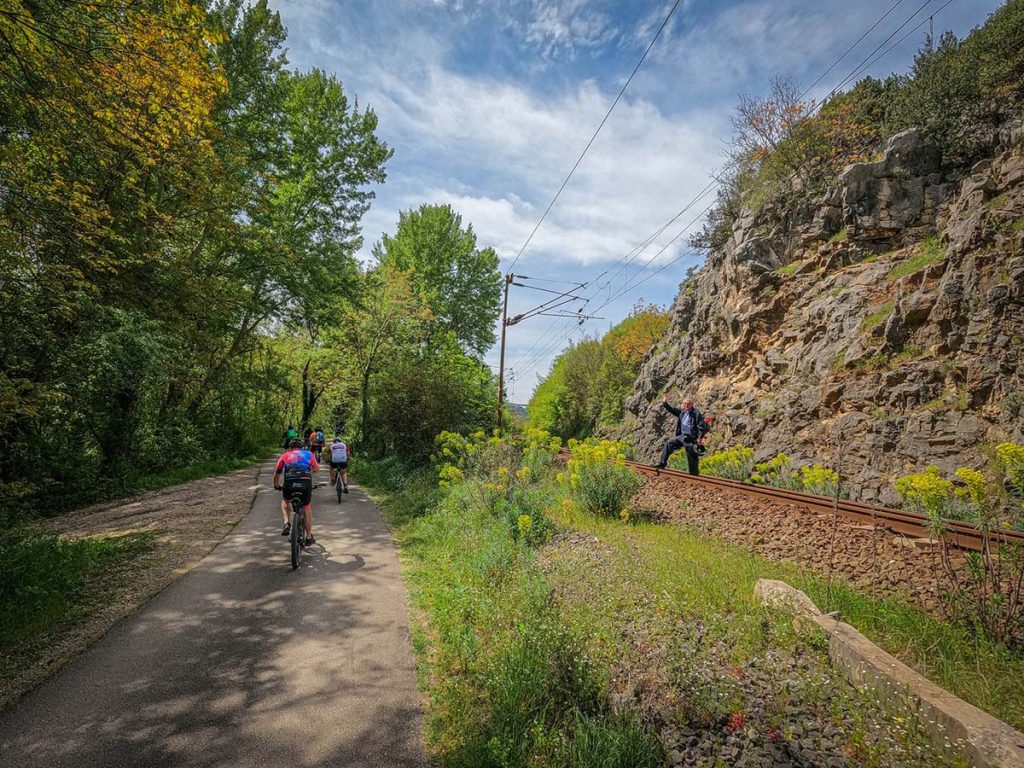
How cycle tourism fills the coffers of the local economy
Cycle tourists are not just passersby — they are guests who spend and leave money in the destination. Their expenditures include:
- Accommodation — in guesthouses, apartments, family hotels, or campsites.
- Food — meals in restaurants, taverns, rural households, and family estates.
- Service and equipment — bicycle repairs, equipment rental, purchase of accessories and souvenirs.
- Guided tours and activities — local guides, cultural attractions, and themed excursions.
- Purchase of local products — wine, olive oil, honey, cheese, handicrafts, and other specialties.
Because of this, cycle tourism effectively connects and brings direct income to local entrepreneurs and encourages the development of small businesses that create an authentic offer.
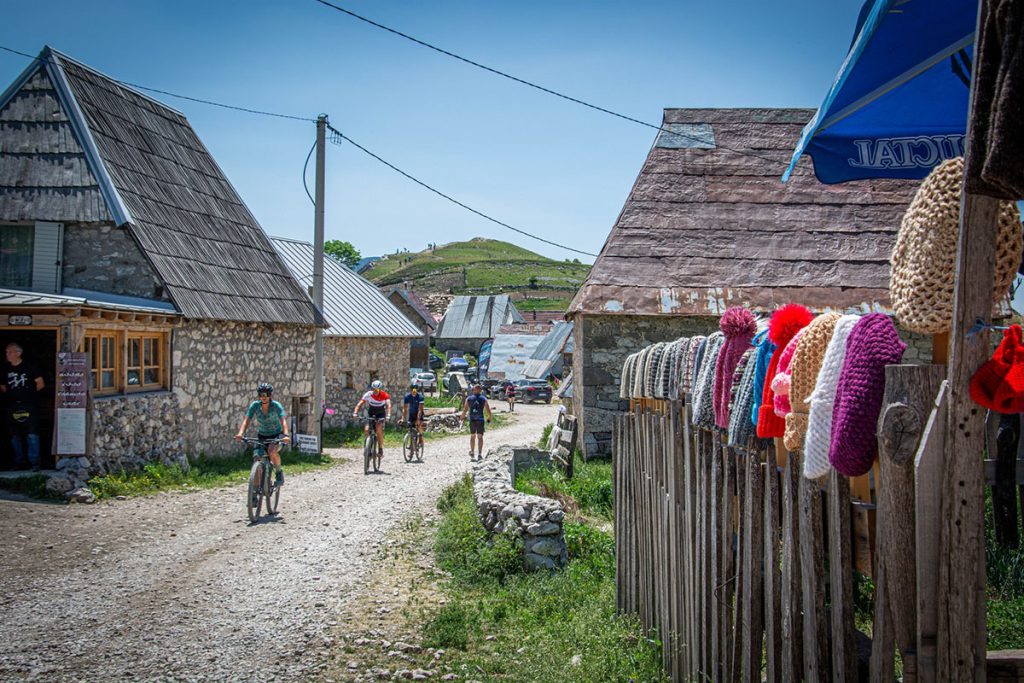
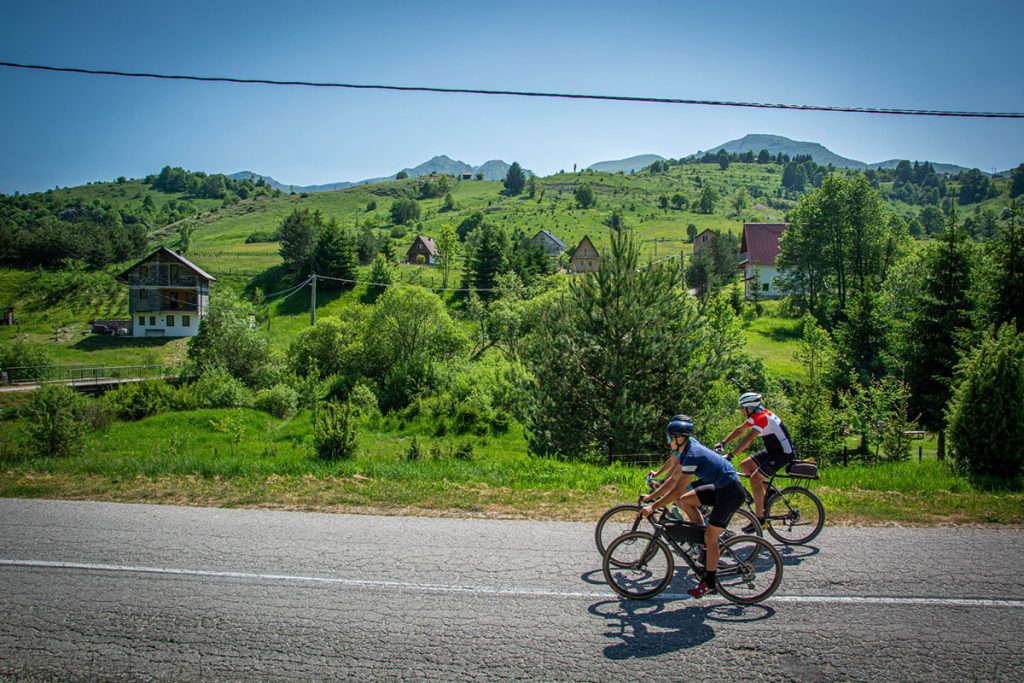
New jobs and better infrastructure
The growth of cycle tourism also creates new jobs. Bicycle repair shops, equipment stores, cycling camps, and bike-friendly accommodations are opening. Local caterers and guides are expanding their offers to attract this specific group of visitors. Let’s remember Herzegovina just 10–15 years ago, when there wasn’t a single specialized bicycle shop or repair service — today, the situation is different, with shops and services that generate new jobs.
Moreover, municipalities and cities often invest in infrastructure: new cycling paths, safety signage, rest areas, and bike racks. This infrastructure benefits not only tourists but also local residents, promoting an active and healthy lifestyle. It is true that local infrastructure still lags behind demand and develops slowly, but we are witnessing how cities increasingly invest in cycling infrastructure.
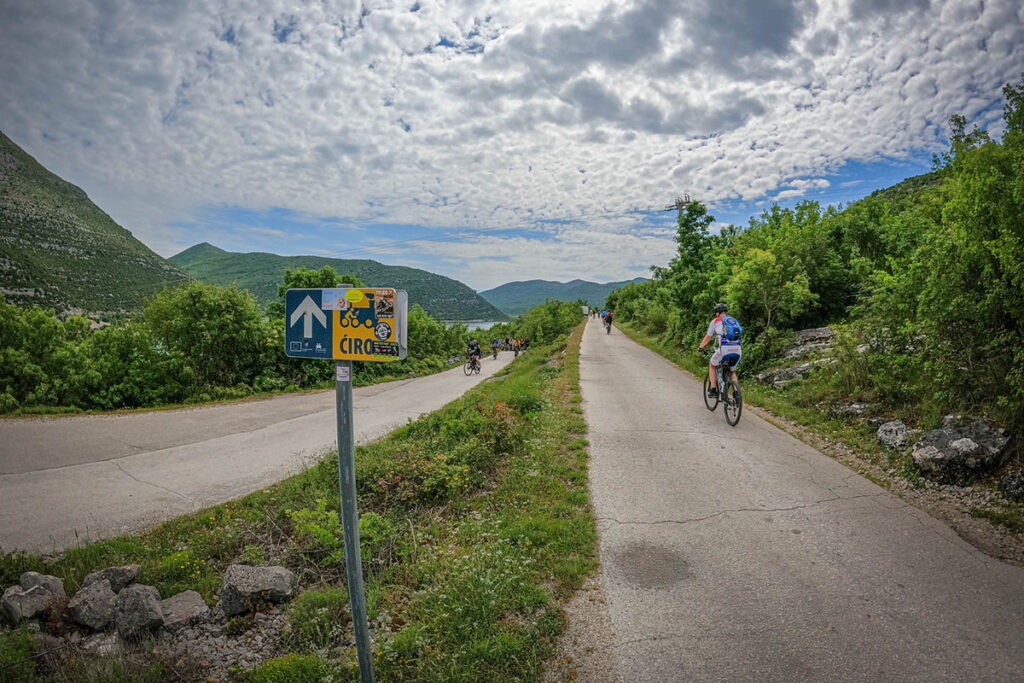
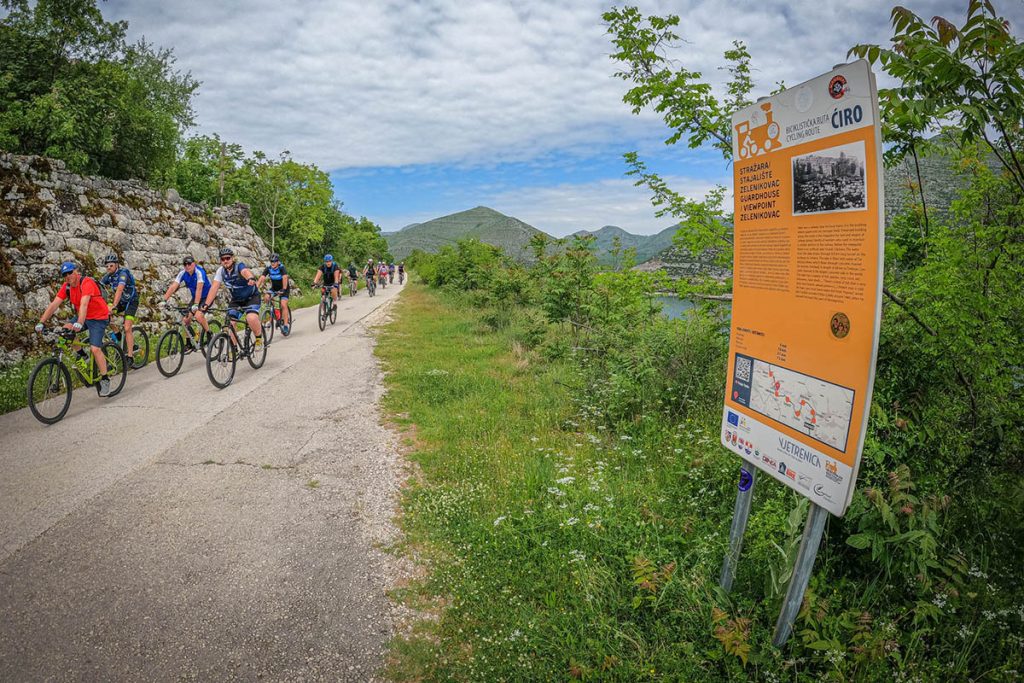
Herzegovinian examples of good practice
Projects like Ćiro Trail, the Franciscan Cultural Route, and events such as the Blidinje BIKE Festival or thematic cycling tours organized by the HerzegovinaBike association have demonstrated how the bicycle can be a serious economic driver. Local hospitality venues report higher traffic, guesthouses receive bookings outside the main season, and local producers sell more of their products.
One of the biggest advantages of cycle tourism is the extension of the tourist season — cyclists travel in spring and autumn, when weather conditions are ideal, enabling local entrepreneurs to achieve more stable income throughout the year.
How the community can make even better use of cycle tourism
To fully realize the potential, it is necessary to:
- Develop safe and well-marked cycling routes — this is an area where we still need to work intensively with cities and municipalities to improve local infrastructure.
- Connect local entrepreneurs and create joint packages (accommodation + meals + guided tours) — we have identified this as a key aspect, so the HerzegovinaBike association actively cooperates with local entrepreneurs through its route marking projects, linking and promoting them on its networks.
- Educate hospitality and accommodation providers about the needs of cyclists — a prime example is the BikeFriendly Standard project that the association implements in cooperation with REDAH..
- Actively promote the destination on domestic and foreign markets — together with tourist boards and ministries of tourism, we work to send cycling sector experts to fairs to best present the cycle tourism offer of our country. Cyclists are the best ambassadors who can recognize the needs of cycle tourists and highlight all the advantages of our destination..
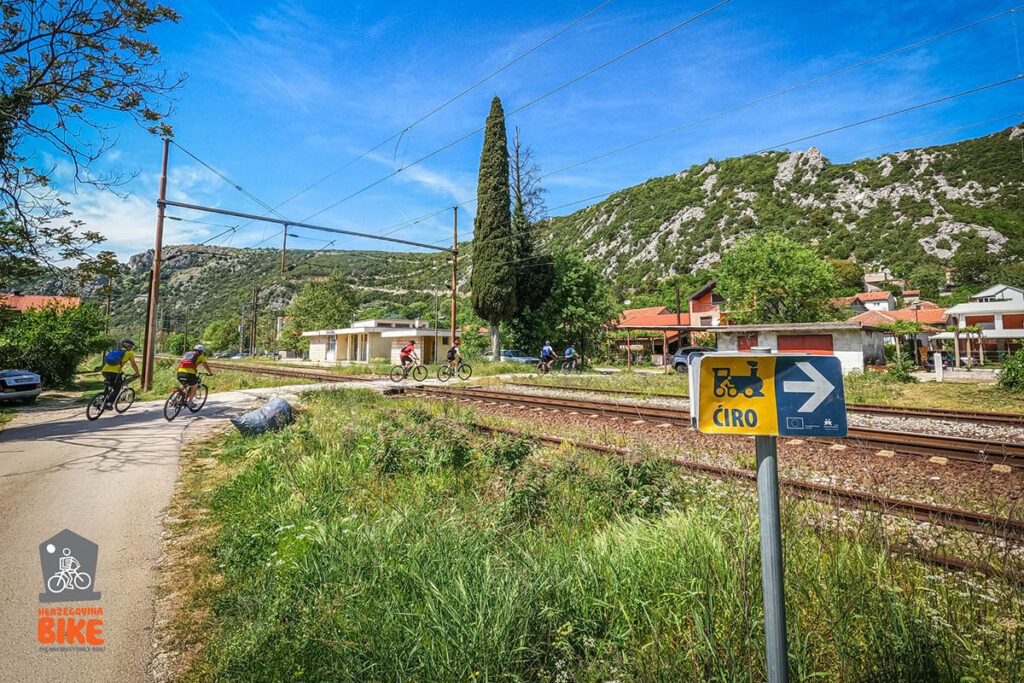
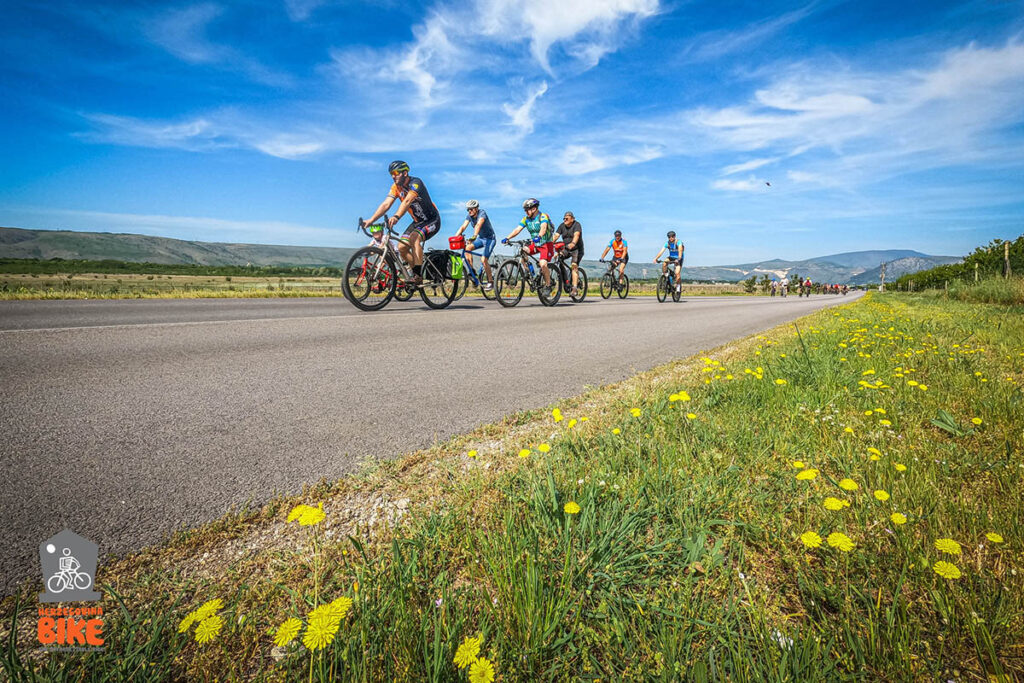
Conclusion
Cycle tourism is not just a sport or a way of traveling — it is an opportunity to strengthen the local economy, create new jobs, and preserve tradition. Every kilometer of cycling trail can mean a new opportunity for a caterer, guide, producer, or retailer.
Herzegovina has everything it needs to become an indispensable destination on the European cycling map. It only requires the community, entrepreneurs, and the tourism sector to recognize - that cycle tourism plays an important role in the development of our local economy.





